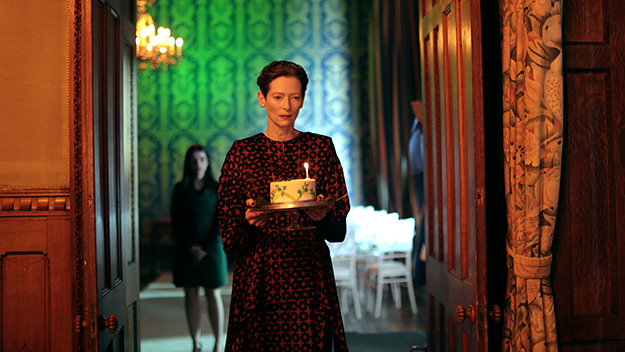Swiss-born filmmaker Marc Forster has been making movies in Hollywood ever since his second film, death row drama Monster’s Ball, broke through, garnering Halle Berry an Oscar in 2002. Since then, he’s worked with everyone from Kate Winslet (Finding Neverland), Brad Pitt (World War Z) to Will Ferrell (Stranger Than Fiction); as well as becoming the youngest ever filmmaker to direct a James Bond movie, with 2008’s Quantum of Solace.
Forster now returns with A Man Called Otto, an American remake [and adaptation of the Fredrik Backman novel) of the life-affirming 2015 Swedish film A Man Called Ove directed by Hannes Holm, which was nominated for two Oscars. In it, Tom Hanks plays Otto, a curmudgeonly widower who seemingly has nothing left to live for. Until, that is, new neighbours and a stray cat come into his life…
How did you


